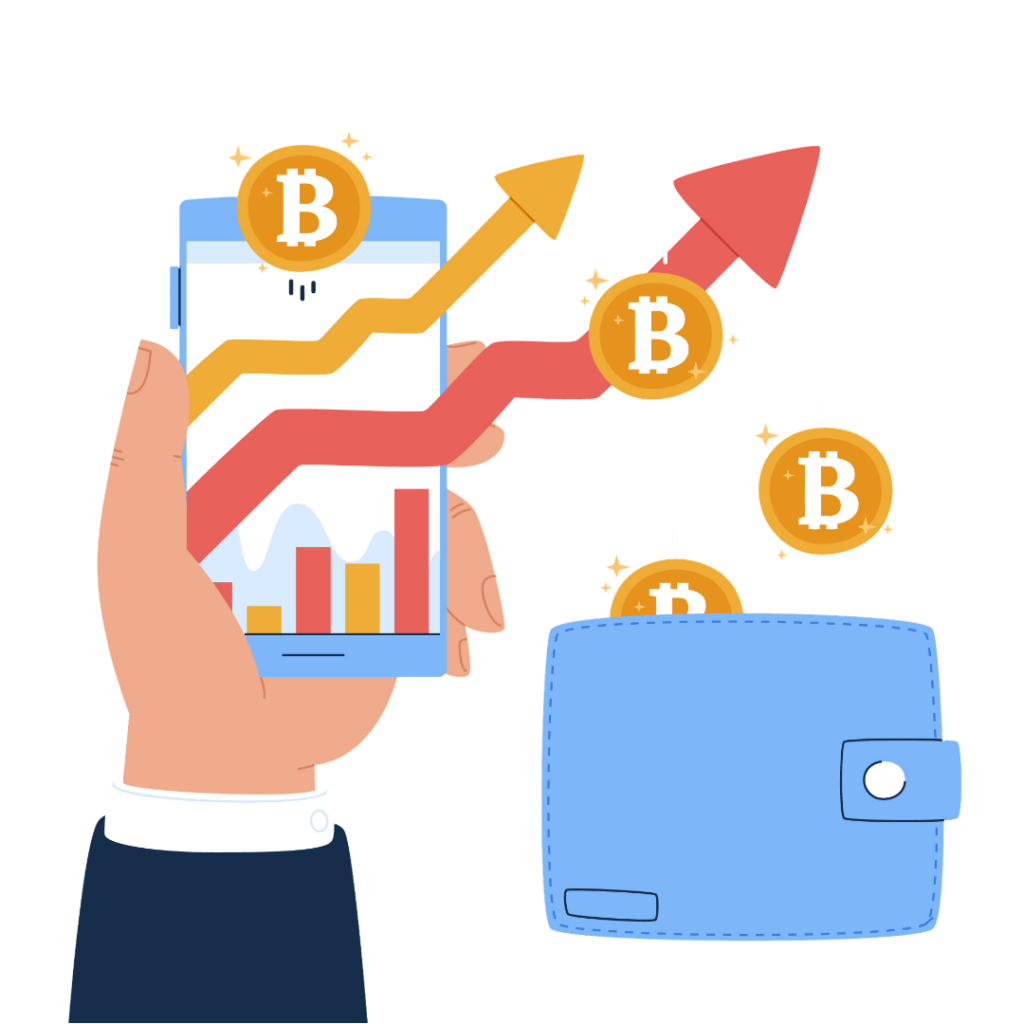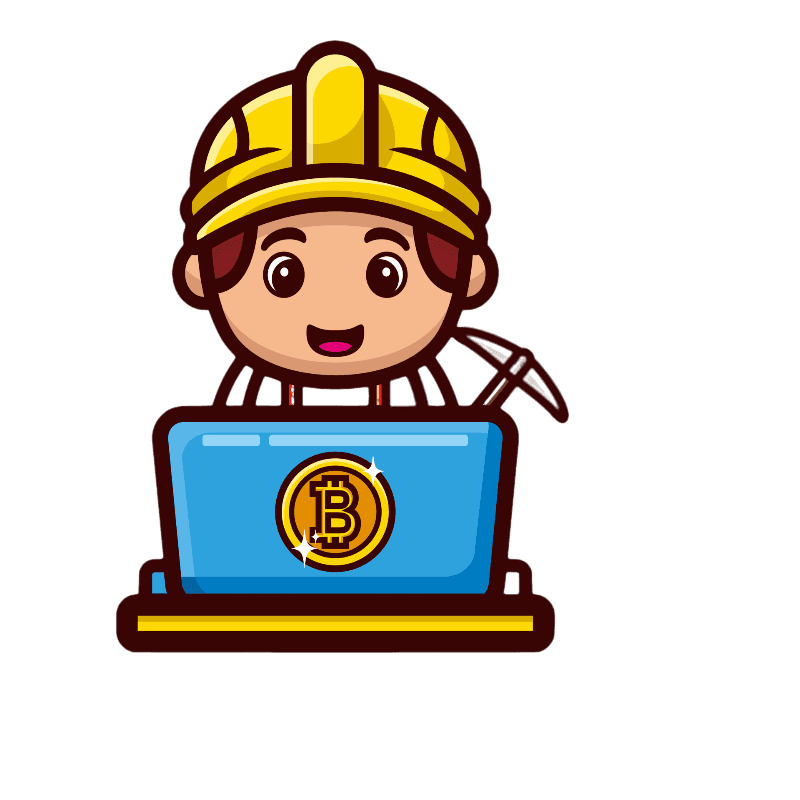
Bitcoin wallets have become essential tools for anyone looking to hold and manage cryptocurrency. Unlike traditional bank accounts, crypto wallets rely on specialized mechanisms like seeds to control access to funds. When creating a new Bitcoin wallet, users are typically given a unique string of random words known as a wallet seed, seed phrase, or mnemonic phrase. But what exactly are these seeds and how do they work?
In this comprehensive guide, we will explore the crucial role seeds play in Bitcoin wallets. Understanding the inner workings of seeds gives deeper insight into how wallets keep your Bitcoin secure yet recoverable.
What Is A Seed In A Bitcoin Wallet?
A seed is essentially a master password for a cryptocurrency wallet, encoded as a sequence of 12 to 24 words. The seed functions as the private key that grants access to all the Bitcoin associated with that wallet. Users are prompted to write down their seed during wallet setup and asked to confirm the sequence to enable recovery options.
Seeds Enable Two Important Features For Bitcoin Wallets:
Password generation
The seed phrase contains all the information needed to generate the wallet’s private keys and public addresses used to transact and check balances on the blockchain. The wallet software can algorithmically derive seemingly random yet deterministic wallet passwords from the seed.
Account recovery
If the wallet is damaged, lost, or stolen, the seed provides a way to recover and restore the contents to a new wallet. As long as the seed is intact, the wallet can be recreated and the user’s original Bitcoin is safe.
How Are Wallet Seeds Created Securely?

Wallet providers use intelligent key generation and cryptography to create strong seeds that are reliable yet unpredictable. Here is an overview of how secure seeds are produced:
Randomness – Powerful random number generators produce a high degree of entropy making seeds unpredictable to an observer.
Standardization – Seeds conform to the BIP39 industry standard to allow restoration across compatible wallets.
Mnemonics – Converting random bits into common words boosts memorability and error-checking.
Secret derivation – One-way hash functions derive private keys from the seed in a consistent but invisible manner.
Wallet isolation – Seeds are specific to each wallet, so a compromised seed cannot impact other wallets.
Properly implementing BIP39 yields seeds providing 128 to 256 bits of entropy. This results in seeds with enough randomness to make guessing practically impossible. Each word adds about 11 bits of strength. A 24-word phrase would have 264 possible combinations.
How Bitcoin Wallets Use Seeds
When a Bitcoin wallet is initialized using a seed, a few important processes occur under the hood:
The wallet extracts entropy from the seed to generate a master private key. This serves as the basis for all the cryptocurrency addresses that will populate the wallet.
Key derivation functions expand the master key into a tree hierarchy of private keys assigned to each address. Changing a part of the original seed would yield entirely different private keys.
The wallet produces the public keys and addresses paired with the private keys. The public keys are shared for transacting while private keys provide access and signing authority.
The resulting collection of private/public key pairs is stored locally by the wallet, often with encryption. The master seed is discarded from memory once the keys are derived.
If additional private key pairs are needed, the process repeats deterministically using the original seed. The wallet owner can back up or restore just the single master seed without having to manage countless private keys directly.
When To Use Your Wallet Seed
The two scenarios that require inputting your seed phrase into a Bitcoin wallet are:
Restoring an existing wallet
If your wallet becomes inaccessible from loss, failure, or getting a new device, the seed provides a way to recover your Bitcoin. Install wallet software, enter your seed, and all your addresses and transactions will sync back up.
Importing your wallet to new software
Switching wallet apps is simple if they both adhere to the same BIP39 standard. Just install the new app, provide your old seed and your wallet will be replicated with the same private keys controlling your Bitcoin.
Avoid entering your seed phrase anywhere except official wallet interfaces. Anyone gaining access to your full unencrypted seed can steal your Bitcoin.
How To Keep Your Wallet Seed Secure

Because the seed can restore your wallet, protecting it is imperative. Here are tips for keeping your wallet seed safe:
Store copies securely offline – Neither digital nor paper copies should be accessible to hackers or thieves. Use multiple geographically separate locations in case of disaster.
Password protect digital copies – Encrypt seed that is digitally saved with a separate strong master password.
Use cold storage – Specialized devices like Cryptosteel or Billfodl provide durable offline seed backup.
Beware phishing – Ignore messages asking you to enter your seed. Legitimate wallet providers will never ask for your seed.
Split seed with Shamir’s Secret – Advanced wallets may offer dividing your seed into multiple parts needed to restore, protecting against a single point of failure.
Don’t overshare – Never reveal your full seed to anyone, under any circumstances. Scammers often pretend to be tech support.
Keeping your seed private and safely backed up means you control the keys to easily recover your Bitcoin – even if your original wallet is no longer accessible.
Should You Memorize Your Seed?
For maximum security against physical theft or damage, some users choose to memorize their wallet seed phrase. But the risks of forgetting or misremembering need to be considered:
Difficult to memorize – Long random seed phrases are challenging to firmly commit to memory, especially for users managing multiple wallets.
Safety deposit box – Relying solely on memory means no backup if suddenly incapacitated or upon death. Loved ones wouldn’t be able to recover their Bitcoin.
Risk of errors – Incorrectly recalling even 1-2 words could make accurate restoration impossible.
Vulnerable to loss – A slipped memory may mean the loss of your Bitcoin with no path to recovery.
Coercion concerns – Those who know seeds may be coerced into giving up the information against their will.
While memorizing a seed is an option for highly security-conscious users, it is an advanced technique with potentially dangerous pitfalls. Most users should instead rely on storing the seed securely offline.
Conclusion
Seeds enable Bitcoin wallets to be simultaneously public yet private – transacting openly while key access is restricted. By deterministically deriving private keys from a seed, wallets provide invaluable recovery and backup features for users, protecting their Bitcoin wealth against loss.
Learning about the generation, uses and security of Bitcoin wallet seeds gives critical insight into cryptocurrency storage best practices. A properly protected seed means peace of mind that your Bitcoin can remain safely under your control for years to come.